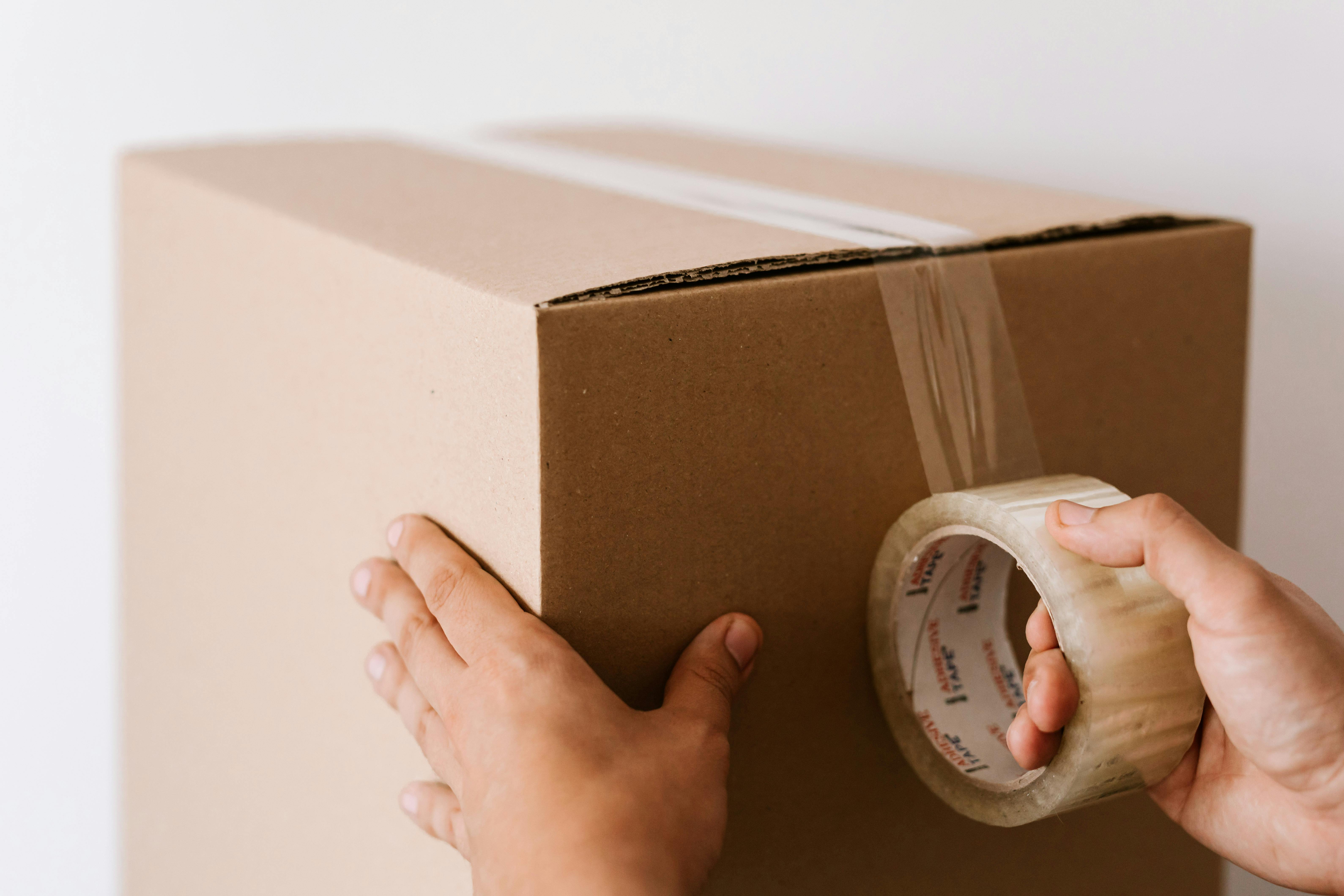
Sasha Davies West Coast Cheese Guide is a Winner!
admin
- 0
Do you have a foodie on your gift list this year? If so, your Christmas shopping just got a little easier. “The Guide to West Coast Cheese” by Sasha Davies is a perfect gift that helps the caseophile in your life dig deeper into Left Coast cheeses.
The book, published by Portland, Oregon-based Timber Press, explores more than 300 cheeses made by hand in California, Oregon and Washington. It is an indispensable resource, written clearly and concisely with expert authority.
The West Coast has been a unique and special incubator for cheese culture, with a deep history of dairy culture and a current thriving renaissance from north to south.
Father Juniper Serro, who put down roots in the missions throughout (southern) California, bringing with him cows, dairy, and Spanish-style cheeses. In the Bay Area, David Jacks shipped his buttery, smooth cheese from Monterey by boat to San Francisco in boxes stamped “Jacks, Monterey,” where the locals called it “Monterey Jack,” one of the original “American” cheeses. Original”.
Off the coast of Oregon, Tillamook, a schooner brought high-quality coastal dairy products inland, showcasing and launching an enduring brand. Small local dairies flourished and defined the region in the ’50s and ’60s.
The 2000s saw a renaissance of artisanal cheese in a region stretching from the northern Bay Area to Seattle and beyond, as a trifecta for good food emerged: a food-savvy population, a localvore vibe and a world view friendly to the farmers market. Recent history is fairly well known, with a flourishing of small artisanal dairies gaining recognition regionally, nationally, and internationally.
This phenomenon hit me home when I saw the maps of the West Coast cheesemakers included at the beginning of the book. Little dots abound with names of dairies that are hitting the mark with fine cheese after only a year or two in business. The sheer number of talented cheesemakers, both new and veteran, experimenting with original recipes and intriguing new flavors across such a wide area is simply impressive.
Davies’ book delves into the study of cheese in a unique and compelling way. From the beginning, she says, “I was interested in putting out a reference tool for people to introduce the myriad of cheeses that are made in three states. It’s a guide for anyone who likes to eat cheese and wants to understand what is elaborate here. and understand how they are alike and how they are different”.
Like most cheese creatives, Davies didn’t start out in cheese. Rather, a passion for it gradually evolved and encompassed his professional endeavors. His adventures with cheese began as an apprentice in the cheese caves at Artisanal in New York City. She ran the caves at the venerable Murray’s Cheese, and in 2006, Davies and her husband began a four-month journey to forty American artisan cheesemakers, producing blogs and podcasts at http://cheesebyhand.com.
A move to Portland in 2008 put Davies squarely in the middle of the West Coast scene. She notes, “I felt (during the ‘Cheese by Hand’ tour) that this would be the next big region in artisanal cheese. It felt that way 4 years ago and it still feels, not in a sense of rivalry, but as an epicenter.”
“There are some landscape and geographic aspects that make it an interesting region, but,” he notes, “it’s also the fastest growing cheese region in terms of the emergence of the most new cheesemakers.”
The parallels were strong with Vermont, a mecca for Northeastern cheese production. “When we got to the Northwest on our visit, I noticed that not only were there a growing number of small producers, but a large number were producing high-quality cheeses similar to those in Vermont,” he says.
“People here were really focusing on cheese board cheeses, some modeled on European cheeses, some on fancy cheese ideas that people wish existed,” he observes. “The density of artisanal cheese production in this area is simply impressive.”
As many authors and cheese experts like to point out, it helps that the West Coast, particularly the Northwest, has a climate and geography conducive to dairy farming, as there are no harsh winters. The high amount of rainfall and mild weather translates into a longer grazing season, which makes for great grass that leads to great milk and cheese. Combine this with a growing group of talented and dedicated cheesemakers and it can only lead to amazing things.
So for the perfect gift for the cheese lover in your life, look no further than a copy of “The West Coast Cheese Guide” along with a selection of various cheeses represented at your local cheese shop. A happy holiday season will be enjoyed by all with this memorable gift meant to be savored and celebrated.

